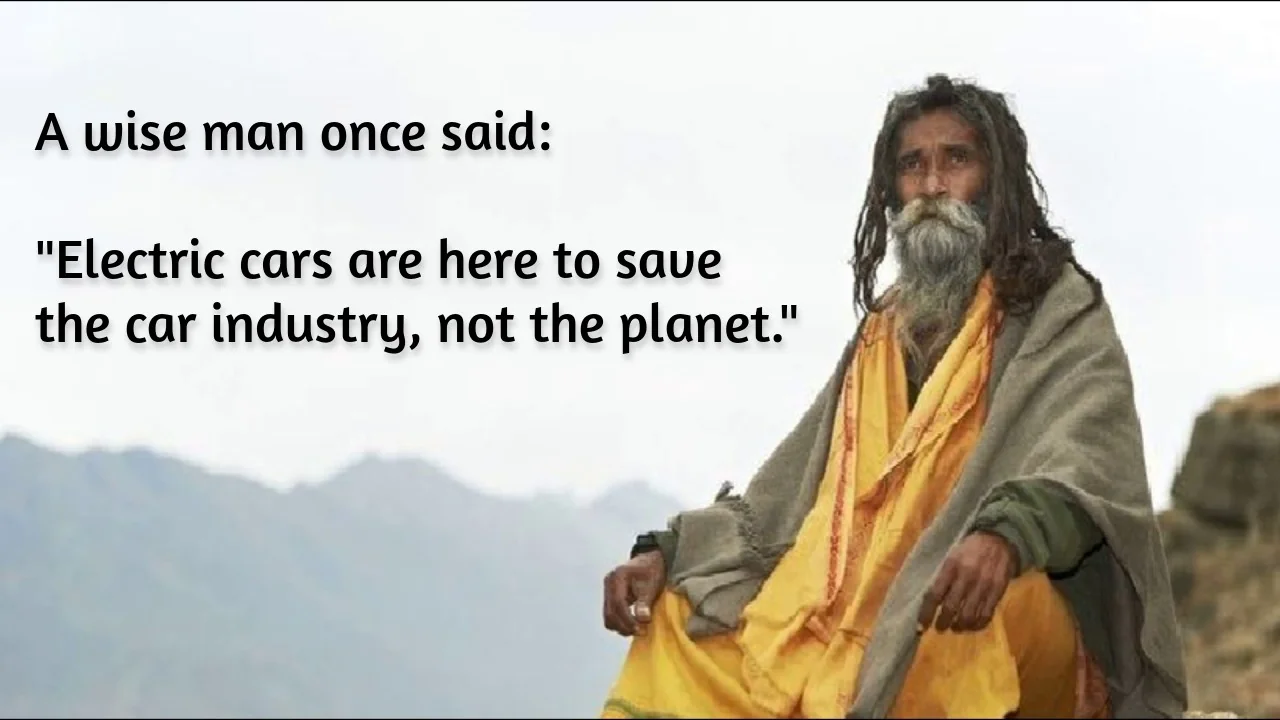Fuck Cars
A place to discuss problems of car centric infrastructure or how it hurts us all. Let's explore the bad world of Cars!
Rules
1. Be Civil
You may not agree on ideas, but please do not be needlessly rude or insulting to other people in this community.
2. No hate speech
Don't discriminate or disparage people on the basis of sex, gender, race, ethnicity, nationality, religion, or sexuality.
3. Don't harass people
Don't follow people you disagree with into multiple threads or into PMs to insult, disparage, or otherwise attack them. And certainly don't doxx any non-public figures.
4. Stay on topic
This community is about cars, their externalities in society, car-dependency, and solutions to these.
5. No reposts
Do not repost content that has already been posted in this community.
Moderator discretion will be used to judge reports with regard to the above rules.
Posting Guidelines
In the absence of a flair system on lemmy yet, let’s try to make it easier to scan through posts by type in here by using tags:
- [meta] for discussions/suggestions about this community itself
- [article] for news articles
- [blog] for any blog-style content
- [video] for video resources
- [academic] for academic studies and sources
- [discussion] for text post questions, rants, and/or discussions
- [meme] for memes
- [image] for any non-meme images
- [misc] for anything that doesn’t fall cleanly into any of the other categories
Recommended communities:
view the rest of the comments

Honestly, driverless cars are going to reduce the total number of vehicles purchased because: People will be able to subscribe to a car service. It will know your work schedule and have a car waiting to pick you up from home and job. If you want to go somewhere, you just let the app know when and a car will come. If you go to town to do some shopping, it will drop you off. You don't own the car. You don't pay maintenance. You have no car payment. You pay the monthly sub (and it can be different tiers, depending on how much travel time you need regularly.
Once most people start doing this, cities will only need enough cars to support the maximum transit demand at peak times. Some of the cheaper plans will offer rideshare, meaning the car will pick up multiple passengers that are going the same direction. The demand for owning a car will drop as it will be a bigger expense and feel cumbersome in time.
Parking lot space will be reclaimed and repurposed in cities (hopefully by making mini parks with trees and plants). Overall, cities will become healthier (since the vehicles will have cleaner emissions), with the air quality improving. Traffic accidents will be almost non-existent.
Vehicles purchased might go down but vehicle miles traveled will go way up. The cost of driving will go down so there will be more mile driven and then there will be all the added trips of empty vehicles.
I don't think the empty miles will be a huge factor, just the increase in total miles.